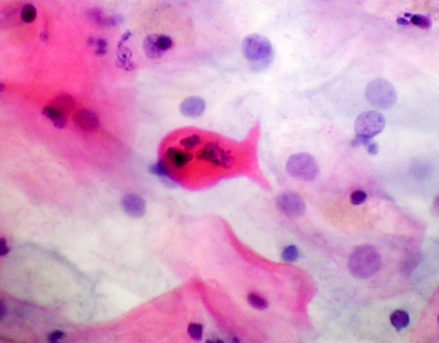Regulations, Guidelines and Policies
-
Regulations, Guidelines and Policies Documents
Before applying for an examination, candidates must read both the general and specialty-specific regulations. Guidance on Part 2 Written Projects, and the examination complaints and appeals policies are also available here.
-
Frequently Asked Questions
Includes information on eligibility, how to apply, and overseas exams. Potential candidates are advised to read these before making an application or contacting the Examinations Department.
Status of the FRCPath
The College is aware that there is some confusion about the equivalence of qualifications awarded in different countries. Each country has evolved its own training schemes and methods of assessment of those who have undergone that training.
The main method of assessment for UK pathology training is the Fellowship examination of The Royal College of Pathologists (FRCPath). This examination is taken in two parts and trainees are awarded Fellowship status of The Royal College of Pathologists upon successful completion of both parts. The FRCPath examination is an assessment of a candidate’s training programme, indicating fitness to practise, whilst at the same time signalling the entry into independent practice and the beginning of continuing professional development.
The terminology of different countries’ certification of their pathology trainees can lead to confusion about equivalence of various qualifications. However, it should be made clear that individuals who reach the standard required to pass the FRCPath examination in their chosen specialty are deemed to have the necessary professional competence to practice unsupervised. For doctors on the General Medical Council’s register, the FRCPath examination contributes to the award of the Certificate of Completion of Training (CCT). The award of the CCT marks the end point of a defined specialist or specialty training programme in the UK and the individual’s eligibility for appointment to an NHS consultant post. FRCPath may also contribute to the Certificate Confirming Eligibility for Specialist Registration (CESR). This is an alternative route to the Specialist Register for doctors who do not complete their training in an approved UK training programme.
It should be noted that success in the FRCPath Part 1 examination only allows the candidate to apply for Diplomate membership of the College as well as for the FRCPath Part 2 examination. In other words, it is not a qualification in itself.
Fellowship may also be awarded on the basis of submitted Published Works. This, however, does not contribute to the award of the CCT and is not a mark of eligibility for appointment to a consultant post or unsupervised practice.



